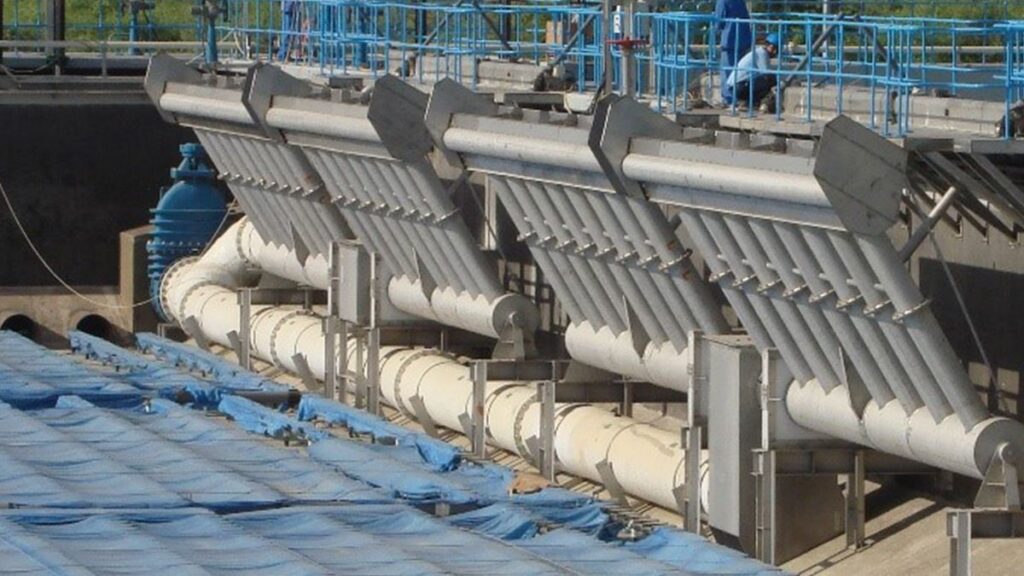Cyclic Activated Sludge Process (CASP)

Cyclic Activated Sludge Process (CASP)
The Cyclic Activated Sludge Process (CASP) is an innovative and energy-efficient wastewater treatment method used to effectively remove organic pollutants and nutrients from municipal and industrial wastewater. CASP operates in a cyclic manner, alternating between anoxic (low-oxygen) and aerobic (high-oxygen) conditions within a single reactor or tank. During the anoxic phase, denitrification occurs, where microorganisms use nitrate as an electron acceptor, removing nitrogen compounds from the wastewater. In the subsequent aerobic phase, organic matter is oxidized by aerobic bacteria, resulting in efficient carbon removal. CASP’s cyclic operation promotes the growth of diverse microbial communities capable of handling various types of pollutants. This process is known for its flexibility, adaptability to varying influent characteristics, and reduced energy consumption compared to conventional wastewater treatment methods, making it an environmentally friendly and cost-effective choice for wastewater treatment plants.

